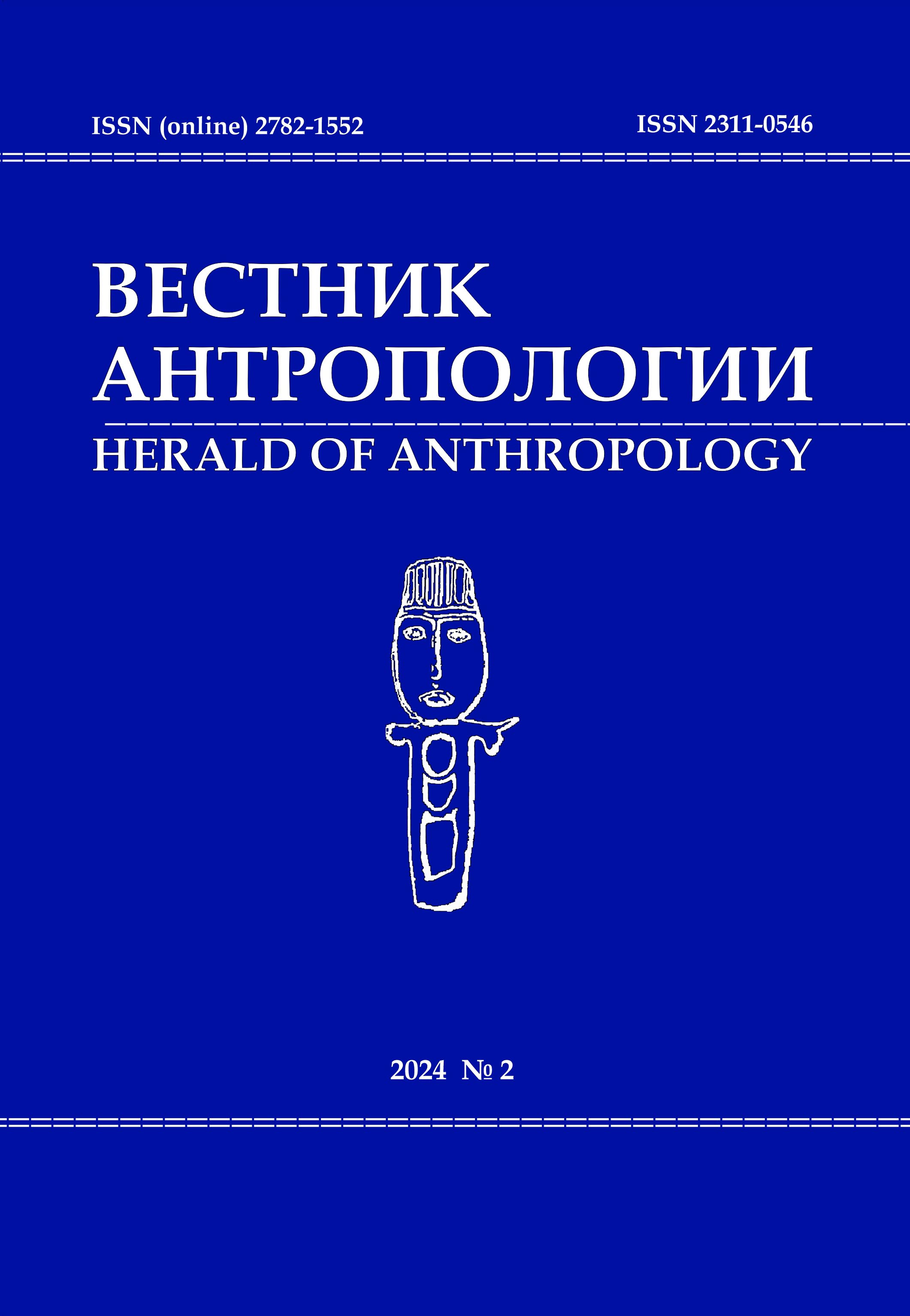Rural as Social
DOI: 10.33876/2311-0546/2024-2/33-44
Keywords:
rurality, community, rural, urban, neo-paganismAbstract
The article raises the question of the rural sociality, which, from the point of view of anthropology or sociology, could be characterized as the specific social relations in rural areas. The author believes that the general image of the village in the 19th century was accompanied by the idea of the special ‘rural sociality’ usually known as ‘the community’ or a special communal way of life or mentality. However, the concept of community, created at the turn of the century, implicitly contains the elements of the urban structure and modernity at that specific historical stage, as the community was defined in contrast to them. At the turn of the 20th–21th centuries the change in the relationships between city and countryside due to a more active position of city residents in rural space is not the only obvious trend. The very concept of the village is being reassembled and reconstructed around the new issues: freedom (anarchist and volunteer movements), environmental friendliness (eco-settlements, neo-pagan movement) etc. Perhaps the only problem common to the notion of village construction processes of both the 19th-20th and 20th-21st transitions is the problem of authenticity of historical development. The paper provides a brief summary of four articles from the present issue: by E. P. Zhelamskaya about urban-type settlements, by P. A. Burobina about neo-pagan rituals in rural areas and in the city, by E. S. Sadova about the volunteer movement “Benevoyage” and by E. A. Krykov about an anarchist rural settlement.





















